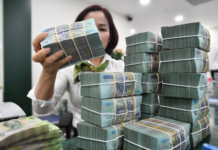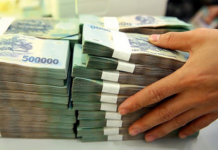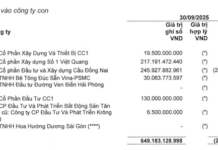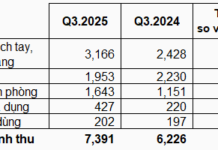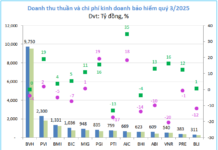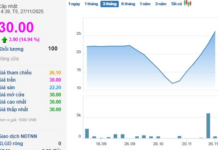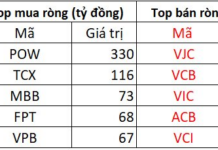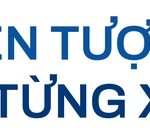Prime Minister Pham Minh Chinh chaired a conference with leaders of joint-stock commercial banks on September 21 in Hanoi, discussing monetary policy and its role in promoting growth, controlling inflation, and ensuring major economic balances.
Deputy Prime Ministers Tran Hong Ha, Le Minh Khai, Le Van Thanh, and Ho Duc Phoc; ministers; heads of ministerial agencies; and leaders of 13 large joint-stock commercial banks nationwide attended the conference.
In his opening remarks, Prime Minister Pham Minh Chinh stated that the conference aimed to evaluate monetary policies, especially regarding prioritizing growth, controlling inflation, ensuring major economic balances, and maintaining macroeconomic stability.
The Prime Minister requested that the delegates provide fair and accurate assessments of the monetary policies and macroeconomic management of the Government and the State Bank of Vietnam, including issues related to liquidity, interest rates, exchange rates, credit room, credit growth, and lending rates in the current context. He also sought suggestions for tasks and solutions regarding monetary policy in the future.
While acknowledging that Vietnam has maintained macroeconomic stability, controlled inflation, and ensured major economic balances, the Prime Minister drew attention to the recent severe losses caused by Storm No. 3, which had high intensity, rapid speed, strong gusts, and prolonged impact on the mainland. The storm’s aftermath caused heavy losses of life and property and disrupted production and business activities in several areas and enterprises, affecting the macroeconomy.
Therefore, the Prime Minister expected the banks to propose new policies adapted to the situation, including policies to support businesses and people affected by the storm and floods. He also called for suggestions on solutions related to credit growth and reasonable interest rates, emphasizing the spirit of harmonizing interests and sharing risks, with the spirit of “mutual affection” and “national and ethnic solidarity.”
The head of the government requested that the banks show solidarity and support during challenging times, especially regarding interest rates, to assist the people and businesses. He emphasized the importance of national great unity, rapid and sustainable development, and leaving no one behind.
Prime Minister Pham Minh Chinh also informed the participants about the resolutions of the 10th Plenum of the 13th Party Central Committee, which affirmed the determination to promote three strategic breakthroughs and encourage innovation and creativity. He highlighted the role of science and technology as a premise for development and the importance of maintaining stability while promoting development and vice versa. He also mentioned the focus on key national projects, such as the North-South high-speed railway and the completion of the highway system, as well as the development of energy infrastructure, including the exploration of nuclear energy infrastructure, and infrastructure to address climate change.
Emphasizing the determination to eliminate cumbersome administrative procedures that affect people and businesses, the Prime Minister encouraged innovation and creativity, along with a bold and responsible mindset. He expressed his willingness to listen to the banks’ contributions and feedback with a receptive spirit to find solutions for the country’s development.
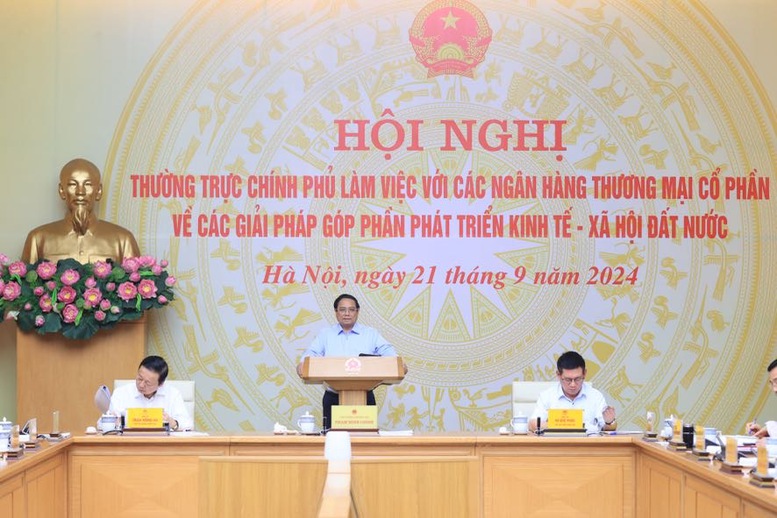
Prime Minister Pham Minh Chinh expressed his willingness to listen to the banks’ contributions and feedback with a receptive spirit – Photo: VGP/Nhat Bac
According to the State Bank of Vietnam, in the first eight months of 2024, it proactively and closely followed the domestic and international economic situation to deploy synchronous solutions to facilitate businesses and people’s access to bank credit, remove difficulties, and promote production and business recovery.
These efforts contributed to promoting economic growth while ensuring macroeconomic stability, controlling inflation, and ensuring the safe operation of the credit institution system. The State Bank proactively and flexibly managed monetary policy, balancing interest rates and exchange rates, and directed credit institutions to reduce lending rates and support the system’s liquidity.
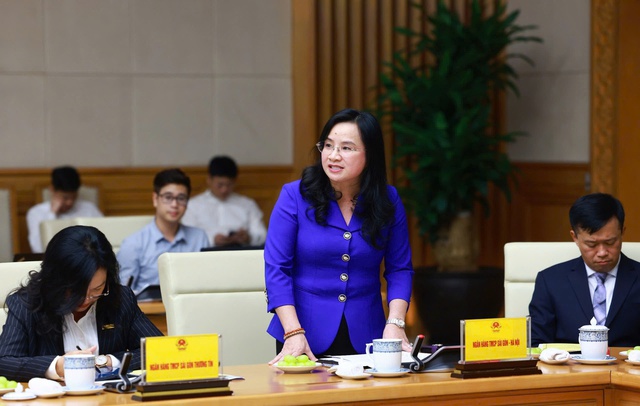
Ms. Ngo Thu Ha – CEO of SHB speaks at the conference
As of September 17, 2024, the credit growth of the whole system reached 7.38% compared to the end of 2023, with the private joint-stock commercial bank group achieving the highest growth rate of 8.6%, accounting for 45% of the market share. The credit structure was appropriate to the economic restructuring orientation, focusing on production and business activities and priority fields.
As of June 30, 2024, the total assets of 28 joint-stock commercial banks reached VND 9,300 trillion, accounting for 45% of the market share, with 22 banks having asset sizes of over VND 100,000 billion. The total capital mobilization of the joint-stock commercial bank group reached VND 8,700 trillion, an increase of 5.44%, accounting for 46.1% of the market share. The business results of the joint-stock commercial banks were quite positive…
However, the operations of joint-stock commercial banks also faced difficulties and limitations related to bad debts and potential bad debts, low credit absorption capacity of enterprises and people, production suspension or cessation of many enterprises, increasing pressure on bank credit, difficulties in the real estate market, slow global economic growth, and complex developments in the international market.
These factors have impacted domestic interest rates, exchange rates, and the people’s lives and production and business activities of customers, especially those affected by natural disasters and storms.
“A Resilient Recovery: Empowering Businesses to Bounce Back from Natural Disasters”
With the practical solutions and support offered by Resolution 143/NQ-CP, businesses can overcome challenges and quickly recover from storms and floods. It is crucial to promptly assess the damage, seize opportunities arising from preferential policies, and foster close coordination between ministries, sectors, local authorities, and businesses in the process of addressing the aftermath of natural disasters.
“Banking Sector Makes Sacrifices for the Greater Economic Good”
As of the State Bank of Vietnam’s regular press conference for August 2024, Deputy Governor Dao Minh Tu revealed that as of September 7th, credit growth had reached 7.15% compared to the end of 2023. This indicates a healthy and steady expansion of the country’s credit market, showcasing the resilience and potential of Vietnam’s economy.









